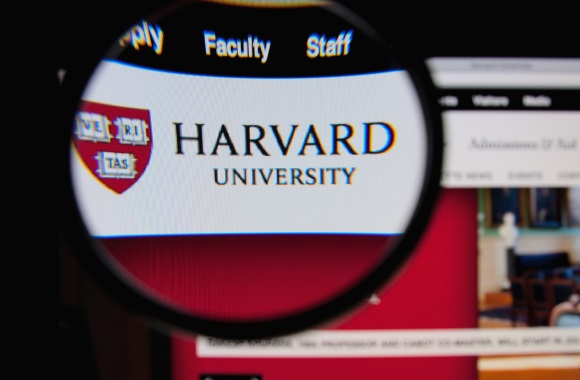
Key Takeaways
- The judge found no significant connection between the funding freeze and efforts to combat antisemitism, suggesting the administration's motives were political rather than protective.
- The ruling is seen as a major victory for Harvard, affirming its academic freedom and procedural rights, with implications for potential legal strategies by other universities facing similar threats.
- The Trump administration plans to appeal the ruling, maintaining Harvard failed in its responsibilities to protect students from discrimination.
U.S. District Judge Allison Burroughs on Wednesday ruled against the Trump administration’s freeze of billion of dollars in federal funding to Harvard University.
Burroughs ruled that the Trump administration violated Harvard’s First Amendment rights by freezing research funding, asserting the government’s actions were aimed at promoting a “governmental orthodoxy” rather than genuinely combating antisemitism.
The judge found “little connection between the research affected by the grant terminations and antisemitism” and concluded the administration used antisemitism as a “smokescreen” for its true motives.
“The government-initiated onslaught against Harvard was much more about promoting a governmental orthodoxy in violation of the First Amendment than about anything else, including fighting antisemitism,” Burroughs wrote in her ruling.
The judge argued the funding freeze was in retaliation for Harvard’s refusal to comply with the Justice Department’s anti-DEI demands.
Education Department Secretary Linda McMahon, in response to the ruling, stated in a post on X: “In an unsurprising turn of events, the same Obama-appointed judge that ruled in favor of Harvard’s illegal race-based admissions practices – which was ultimately overturned by the Supreme Court – just ruled against the Trump Administration’s efforts to hold Harvard accountable for rampant discrimination on campus.”
“The Trump Administration is fully committed to appealing this erroneous decision and will ensure that new taxpayer funding is not invested at any university that steadfastly refuses to uphold civil rights for all students.”
The Trump administration maintains that Harvard failed to protect students from harassment and discrimination and plans to appeal the ruling, White House spokesperson Liz Huston told reporters Wednesday.
“To any fair-minded observer, it is clear that Harvard University failed to protect their students from harassment and allowed discrimination to plague their campus for years. Harvard does not have a constitutional right to taxpayer dollars and remains ineligible for grants in the future,” she said in a statement to The Epoch Times.
The New York Times reported the ruling is a “crucial legal victory” for Harvard.
“The ruling may not be the final word on the matter, but the decision … was an interim rebuff of the Trump administration’s campaign to remake elite higher education by force,” the newspaper reported.
Harvard President Alan Garber told the Times the university would “continue to assess the implications of the opinion, monitor further legal developments and be mindful of the changing landscape in which we seek to fulfill our mission.”
But, he said, the ruling “affirms Harvard’s First Amendment and procedural rights, and validates our arguments in defense of the university’s academic freedom, critical scientific research, and the core principles of American higher education.”
George Washington University public interest law Professor John Banzhaf said the ruling is significant, that it creates a strong precedent, as many other universities “have likewise been threatened by the Trump administration because of alleged antisemitism.”
“So officials at some 60 universities are likely to begin re-calibrating their responses and preparing similar defense strategies,” Banzhaf said in a news release.











